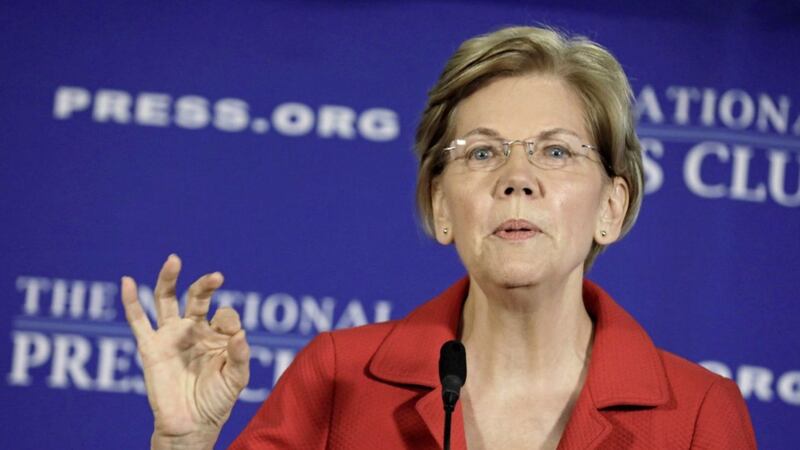IF we consider politics over the past 10 years or so, what is clear is that there was a distinct step to the right in the UK, in the US and elsewhere in the world; the consensus around dealing with the fall-out of the financial crisis taking us in that direction.
But there is evidence that we are now set for something of a left turn. And a look at the policies coming from the main UK political parties ahead of the General Election gives credence to this view.
After 2010, austerity was embraced, fiscal policy was largely shunned, and central banks were tasked with the heavy lifting to ensure an economic recovery. An era of relatively stable government in economies such as the US and UK allowed this to happen. However, today there is less political stability and there has been a rise in populism, which means that political parties are having to respond to the changed public mood music. And what is clear is that there is little public appetite for further spending cuts and austerity.
As a result, for the first time since the 1960s, the two main parties in the UK are both championing more public spending. The only difference is how much and where they want to spend it. Large increases in capital investment have been pledged, with Labour planning to double capital investment in the space of a few years. Both parties pledge to increase funding for the NHS and to hike the National Living Wage.
Labour also plans to nationalise a number of industries and raise corporation tax back up to 28 per cent. The Tories intend to cancel the planned cut in corporation tax from 19 per cent to 17 per cent next April. Basically, we seem to be moving from an era of less tax and less spend to more tax and more spend (and more borrowing). The Labour party has also of course promised to nationalise utilities, rail companies and the Royal Mail if it gets into power.
Similarly, it appears that the US has also reached a junction where the arrow is pointing left. There is a lot to be decided ahead of the US election next year, but assuming Trump is not impeached, it will likely be him against another billionaire, in the form of Michael Bloomberg, or against Bernie Sanders/Elizabeth Warren who are further to the left of the Democratic Party. Either way, the direction of travel appears to be left; it’s just a case of how far.
To give you a flavour of Elizabeth Warren’s views, which are striking fear through the corporate world, she is an advocate of tax rises and more regulation. She also proposes to ban fracking and to break up the big banks. And she wants to introduce a wealth tax, additional taxes on the most profitable corporates and higher income tax on individuals and households. So, if she is elected, she will not only be remembered as the first female US commander-in-chief, she could also go down as the most left-wing President of all time.
With Northern Ireland, the focus on capital investment and increased NHS spending by the UK parties will be welcomed here. It also potentially provides a more favourable environment for the restoration of the Stormont Executive. In this scenario, rather than doling out public expenditure cuts, the local politicians would be coming into power at a time whenever they would have additional resources to allocate; albeit that there are many holes in the roof to repair.
The corporation tax proposals of the UK parties also put the final nail in the coffin of hopes locally for a cut in Northern Ireland’s rate to 12.5 per cent. This policy has clearly passed its use-by date, given the changing mood-music on the issue, alongside Brexit complications.
But whilst it is clear that all of the major political players have their indicators on to create the impression that they are preparing to turn left, this doesn’t rule out a last minute manoeuvre right, zigzagging, or u-turns.
Indeed, we could even see politicians and parties adopting quite hard left policies in some areas and much more right of centre policies in others. That’s what tends to happen in a populist environment where the name of the game is telling the public what they want to hear, after all. There’s also the reality that we need to take some political utterances with a pinch of salt. Politicians are adept at over-promising on their ability to spend and under-promising on the need to tax. Reality will bite.
One major issue still to play out of course is how Brexit is enacted. If Boris Johnston wins a majority in the upcoming election, concerns will rise that we will see a lurch to the right in some areas.
His ability to get a hard Brexit would be enhanced with a majority and could see moves towards deregulation; albeit that Northern Ireland would be the exception and be up to its eyes in bureaucracy and red tape. The nature of free trade deals with the US will also be determined by who comes into power on the other side of the Atlantic.
Look left, look right, an election is approaching.
:: Richard Ramsey is Northern Ireland chief economist at Ulster Bank
:: Next week: Conor Lambe







